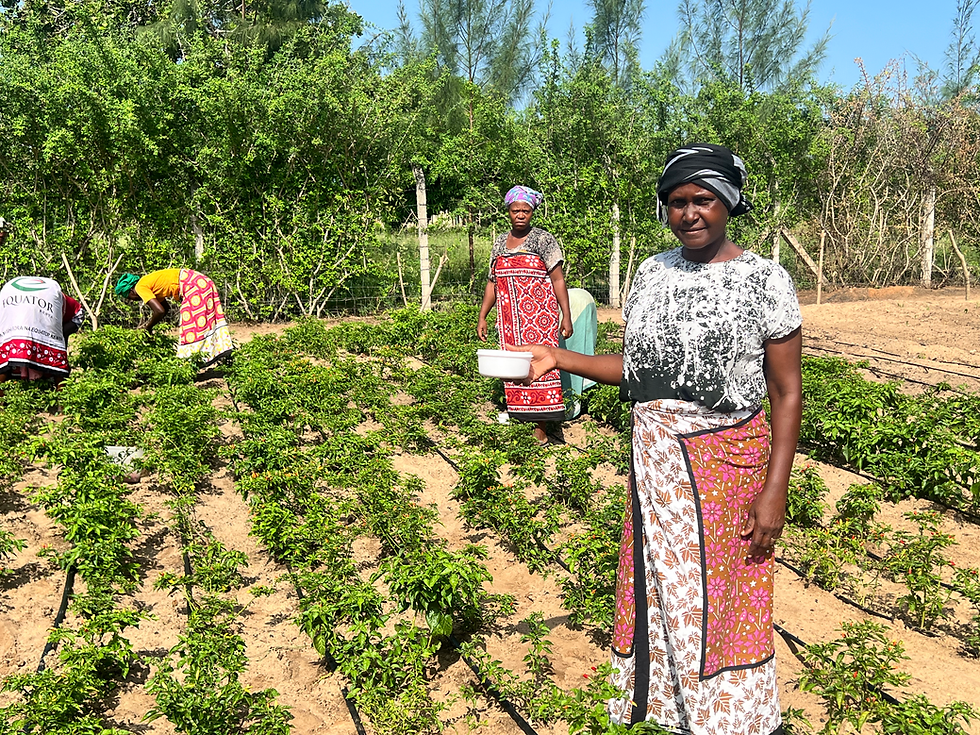How SUED Has Worked with Intermediary Cities to Partner with the Private Sector to Invest in Urban Resilience
- Sep 4, 2025
- 2 min read

Kenya’s intermediary cities—urban centres that serve as regional hubs between rural areas and major cities—are increasingly at the frontline of climate change. These municipalities face mounting challenges such as more frequent and intense droughts, floods, sea-level rise, and storm surges. These climate hazards strain infrastructure, ecosystems, and the wellbeing of urban populations. To address this, local leaders must proactively assess both short- and long-term climate risks and embed resilience into their development planning.
The UK Government’s Sustainable Urban Economic Development Programme (SUED) has been instrumental in supporting these cities to adapt to climate change through locally driven solutions. Recognising that effective adaptation requires local knowledge, competence, and capacity, SUED has worked closely with municipal governments to strengthen their ability to plan and implement climate-resilient strategies.
A key pillar of SUED’s approach has been mobilising private sector investment into urban resilience. Significant financing is needed to make infrastructure climate-proof, especially in developing contexts. SUED has championed public-private partnerships (PPPs) by helping cities create stable, investor-friendly regulatory and institutional environments. This has included streamlining local policies, improving governance structures, and building investor confidence.
To date, SUED has catalysed over 15 strategic investment projects across Kenya, each designed with climate adaptation at its core. These include:
Circular economy models embedded in waste management and agro-processing.
Factory designs that incorporate climate adaptation technologies such as solar energy and water recycling.
Business models that encourage climate-conscious practices among technical teams and entrepreneurs.
SUED has played a critical role in de-risking investments, offering up to 25% of the required capital to attract private sector participation. This financial support, combined with technical expertise in deal structuring and stakeholder engagement, has enabled investors to expand into new geographic areas they might not have previously considered.
Impact Snapshot
15+ climate-resilient projects initiated
£45+ million in private investment leveraged
68K jobs created in green sectors
75% increase in local government capacity for climate planning
Looking Ahead
SUED’s model offers a blueprint for scaling urban resilience across Kenya and beyond. As the programme continues to support cities, the focus will remain on:
Strengthening local institutions to sustain climate adaptation efforts.
Expanding partnerships with private sector actors in emerging sectors.
Sharing lessons learned to inform national urban resilience strategies.
By fostering collaboration between municipalities and the private sector, SUED is helping intermediary cities unlock long-term, sustainable economic growth while building resilience to climate change.




Comments